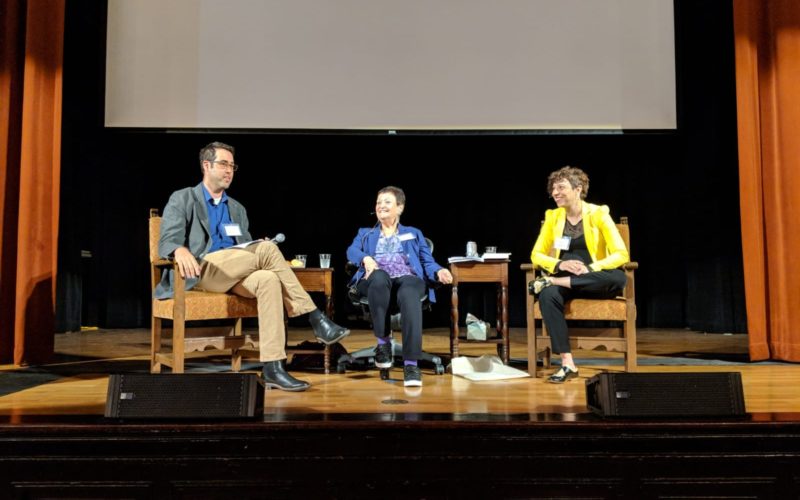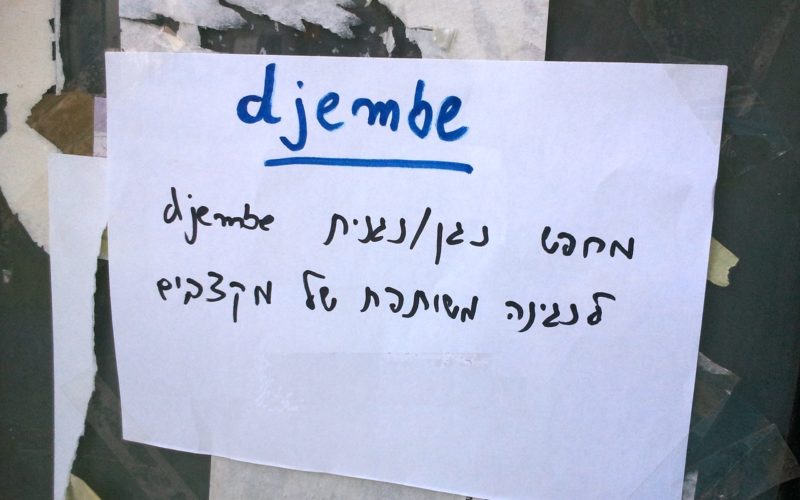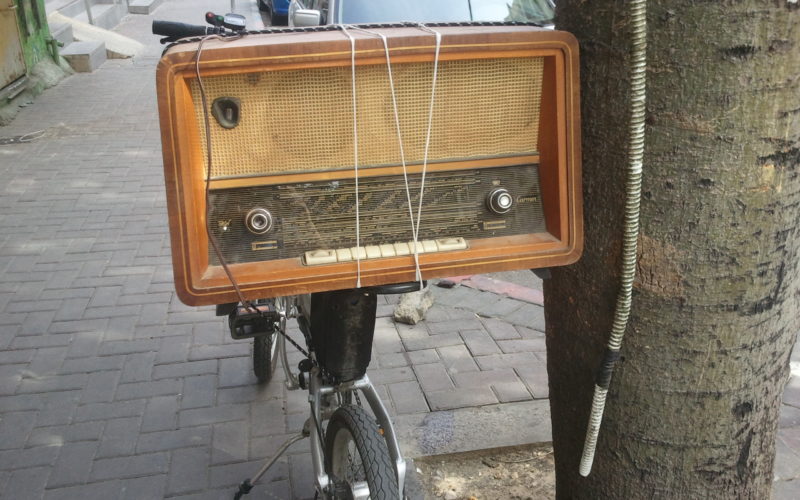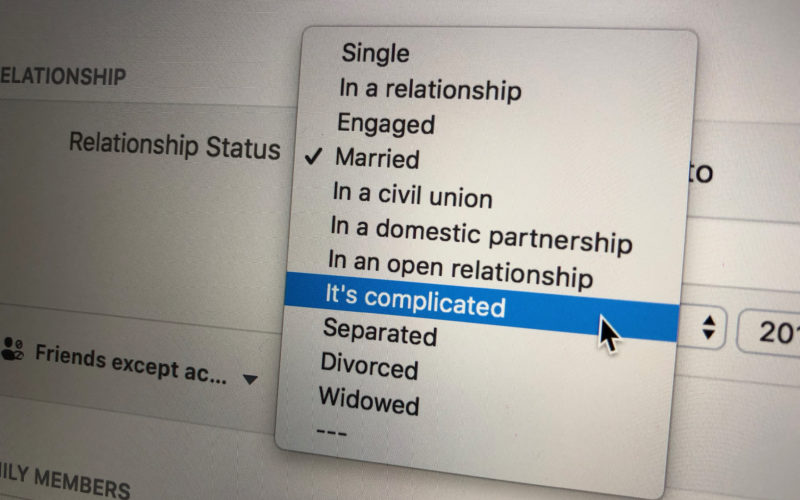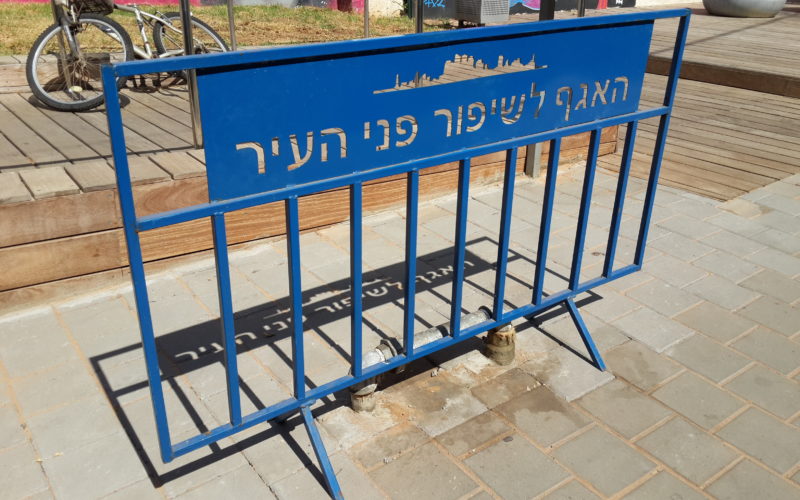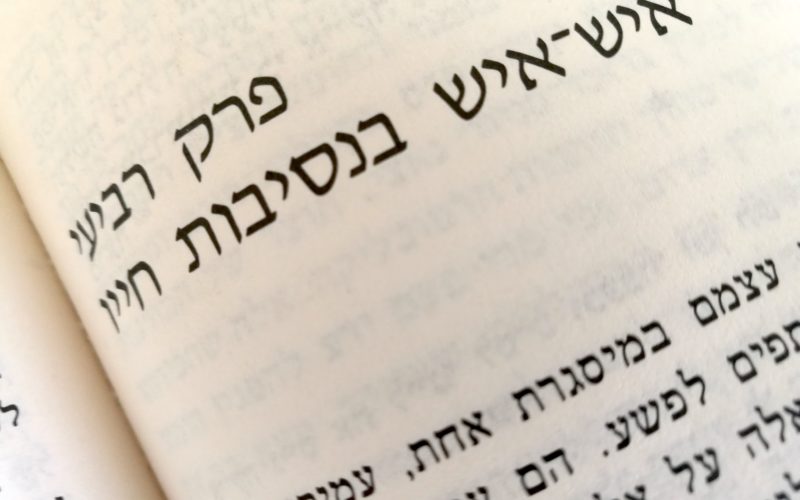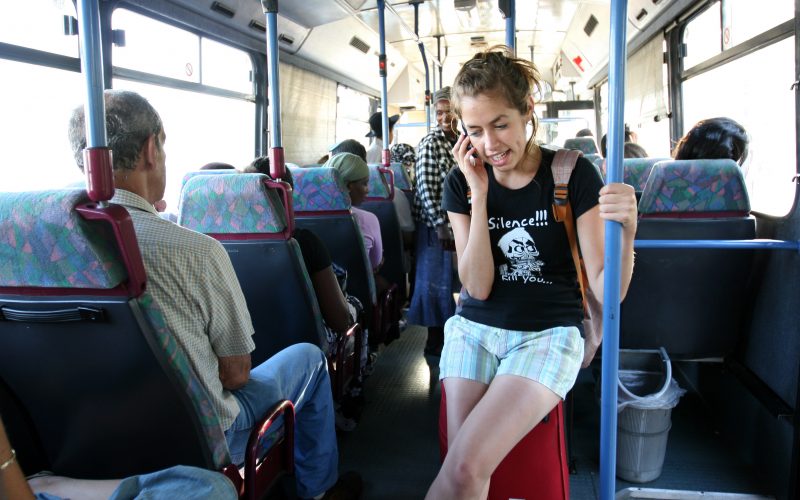Live from the 2018 AIS Conference: The ‘Berkeley School’ Approach to Hebrew Literature
On this plenary session at the 2018 annual conference of the Association for Israel Studies, Prof. Chana Kronfeld, Dr. Yael Segalovitz, and host Gilad Halpern discuss the attempts to “de-ghettoize” Hebrew literature and study it in a broader and richer context.
Read More
